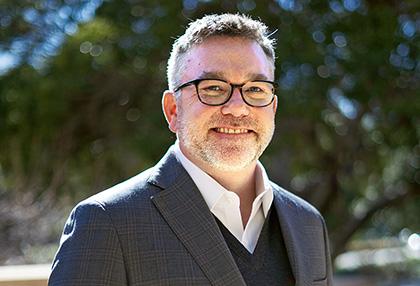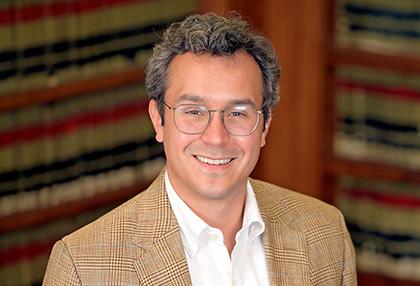Tariffs are making headlines right now, partially due to President Trump’s tariffs on imports from Canada, Mexico, and China.
But what exactly is a tariff? And what are the pros and cons of using tariffs as an instrument of fiscal policy? Kimberly Clausing, tax law expert and the Eric M. Zolt Chair in Tax Law and Policy at UCLA Law is here to help make sense of it all.
We sat down with Clausing to ask a few questions. Here is what she had to say.

UCLA School of Law professor Mark McKenna has been named a recipient of the Vanguard Award from the California Lawyers Association.

UCLA School of Law professor Blake Emerson has been named a recipient of the Early Career Scholars Medal from the American Law Institute.